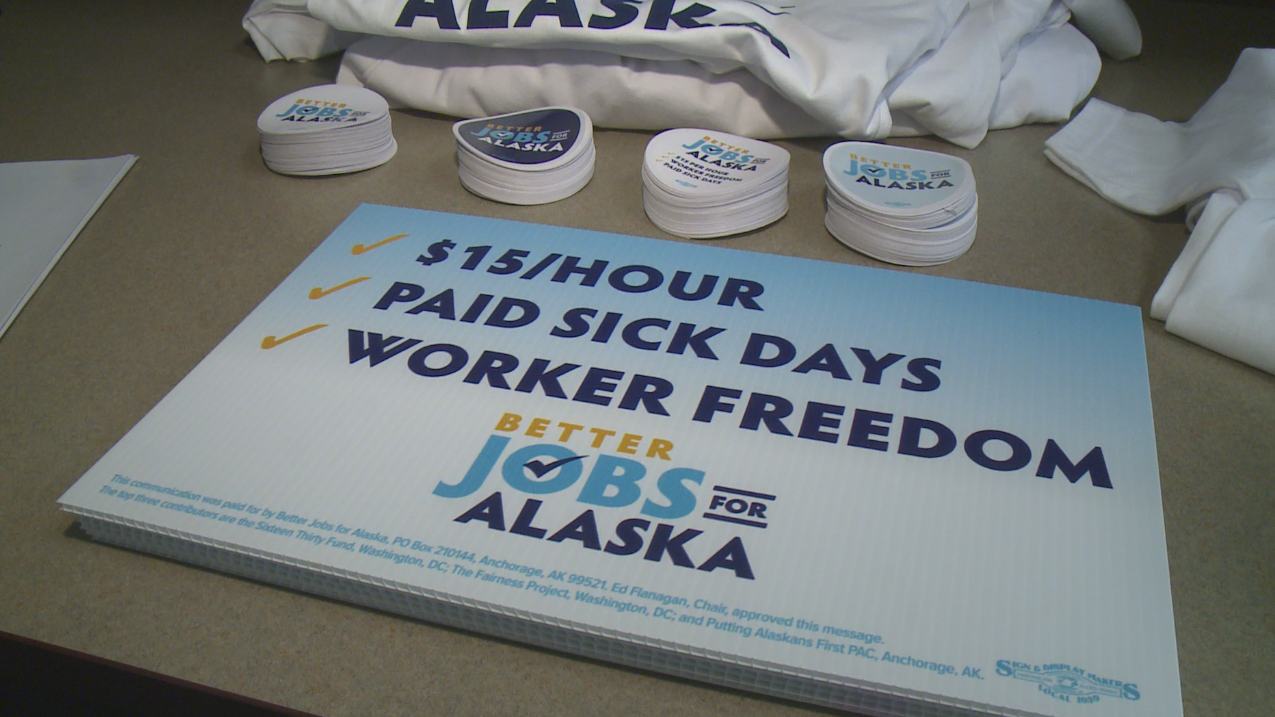At the end of 2022, President Biden passed the Omnibus Spending Bill that included two new protections: the Pregnant Workers Fairness Act (PWFA) and Providing Urgent Maternal Protections for Nursing Mothers Act (PUMP Act).
Pregnant Workers Fairness Act (PWFA)
Previously, pregnancy was not considered a disability under the Americans with Disabilities Act (ADA) as it was a ‘temporary condition”. PWFP closed this gap in federal law that left pregnant and postpartum workers without remedy if they needed accommodations to prevent health complications and keep working.
PWFA requires employers with 15 or more employees to provide “reasonable accommodations for qualified employees affected by pregnancy, childbirth, or related medical conditions.” A qualified employee is an employee or applicant who, with or without reasonable accommodation, can perform the essential functions of the position, with specified exceptions.
PWFP gives workers the right to reasonable accommodations for pregnancy, childbirth, and related medical conditions unless the accommodation would impose an undue hardship on an entity’s business operation.
Some examples of reasonable accommodations may include:
- Light duty, or help with manual labor and lifting
- Additional, longer, or more flexible breaks to drink water, eat, rest, or use the bathroom
- Changing food or drink policies to allow a worker to have a water bottle or food
- Changing equipment, devices, or workstation, such as providing a chair or stool to use
- Provide accommodations for lactation needs
- Relocating a workstation closer to the restroom
- Changing a uniform or dress code, like allowing wearing maternity pants
- Changing a work schedule, like having shorter work hours or a later start time to accommodate morning sickness
- Flexible scheduling for prenatal or postnatal appointments
Once an employer is informed the worker is pregnant, they must start an “interactive process” and have a good-faith conversation with a worker seeking reasonable accommodations. This conversation should discuss the worker’s needs and reasonable accommodations that could meet those needs. In addition, no adverse action can be made against a qualified employee requesting or using such reasonable accommodations. This action includes requiring employees to take paid or unpaid leave if another reasonable accommodation can be provided.
Finally, employers cannot deny employment based on the need of the applicant to make a reasonable accommodations request.
PWFA goes into effect on June 27, 2023. The U.S. Equal Employment Opportunity Commission (EEOC) is responsible for enforcing PWFA and is expected to write guidelines for the Act.
Providing Urgent Maternal Protections for Nursing Mothers Act (PUMP Act)
The PUMP Act expands the Fair Labor Standards Act (FLSA), providing workplace protections for employees “a reasonable break time for an employee to express breast milk each time such employee has need to express breast milk for the 2-year period beginning on the date on which the circumstances related to such need arise”.
In addition, the employer must provide “a place, other than a bathroom, that is shielded from view and free from intrusion from coworkers and the public, which an employee may use to express breast milk.” This break time shall be considered hours worked if the employee is not completely relieved from duty during such a break.
The PUMP Act differs from the PWFA in that the Act applies to employers with 50 or more employees if the requirement would impose an undue hardship on the employer.
The PUMP Act goes into effect on April 28, 2023. The Department of Labor is responsible for enacting the Act and shall issue guidance on the issue.
How Can We Help?
Measuring break time to comply with the PWFA or PUMP Act can be tricky, especially if rounding is involved. In addition, workers must be paid for all worked time. Our world-class time and attendance system can keep you FLSA compliant by tracking all breaks to the minute and allowing breaks to be paid if necessary. For more information, please contact Time Equipment Company at sales@timeequipment.com or 800-997-8463.










